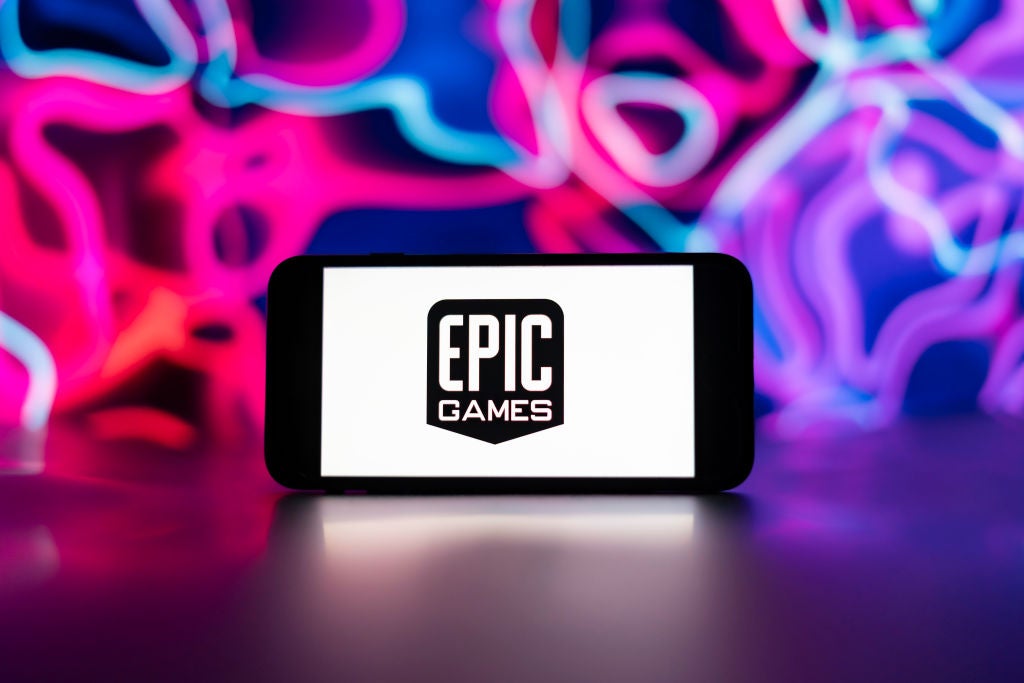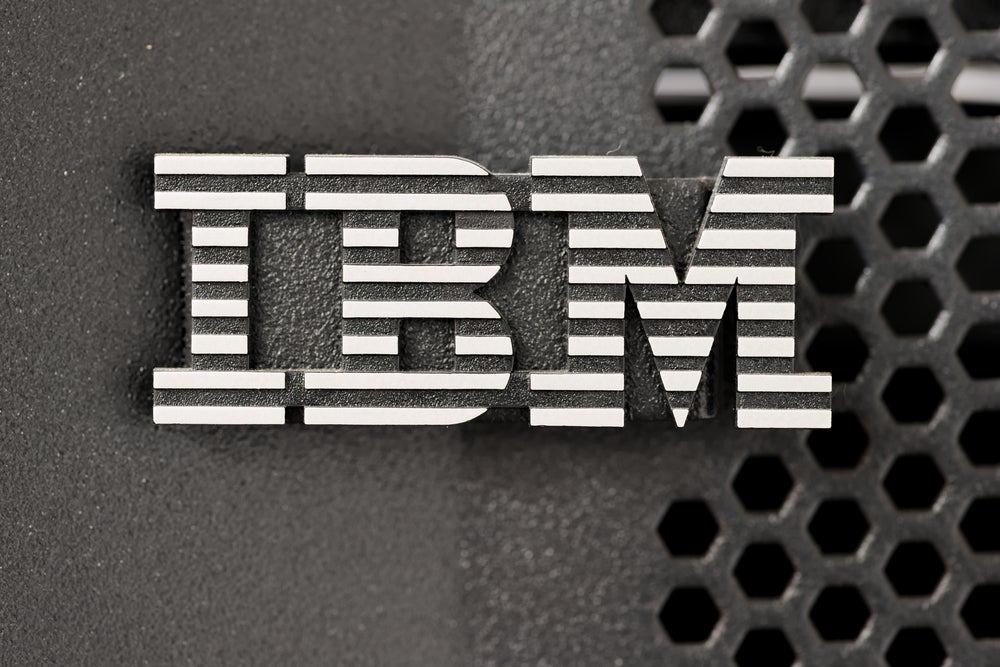
Electronic Entertainment Expo (E3) was the heartbeat of the gaming world.
It was not just about the launch of cutting-edge gaming technologies and blockbuster announcements, but also a communal hub for the gaming world. However, E3 has faced challenges in recent years and ultimately announced its permanent cancellation in December 2023.
The rise of digital presentations, the impact of the pandemic, and the cancellation of physical events prompted a re-evaluation of E3’s relevance. But with that said, even in a digital age, the Expo’s demise will still carry repercussions.
E3 has been the epicenter of industry-shaking revelations
For more than two decades, E3 was the grand stage for gaming juggernauts to reveal their innovations. From console launches to groundbreaking game announcements, it served as a nexus where the gaming community witnessed the technological marvels and glimpses of the industry’s future.
Beyond the allure of exclusive previews and blockbuster reveals, E3 played a pivotal role in fostering a sense of community within the gaming world. Developers, publishers, gaming device makers, journalists, and fans all came together to celebrate their shared passion for gaming. E3 has been instrumental in forging partnerships, sparking collaborations, and propelling the industry forward through the cross-pollination of ideas. However, in its final years, E3 also witnessed the exit of big names, including Nintendo and Sony, which chose instead to run independent events.
The Covid-19 pandemic underscored E3’s relevance as a centralizing force in the industry
Covid-19 was a disruptive force that reshaped industries worldwide. The gaming world was not immune, and E3 faced an unprecedented challenge. The cancelation of physical events in 2020 and subsequent uncertainty in 2021 forced E3 organizers to pivot towards digital presentations. While this allowed for the continuation of some semblance of the event, it underscored the vulnerability of the traditional expo format in the face of unforeseen crises.
How well do you really know your competitors?
Access the most comprehensive Company Profiles on the market, powered by GlobalData. Save hours of research. Gain competitive edge.

Thank you!
Your download email will arrive shortly
Not ready to buy yet? Download a free sample
We are confident about the unique quality of our Company Profiles. However, we want you to make the most beneficial decision for your business, so we offer a free sample that you can download by submitting the below form
By GlobalDataAs the gaming community grappled with lockdowns and travel restrictions, E3 became a symbol of resilience and continuity. The communal excitement, although virtual, provided a sense of normalcy and shared experience during a time when connection became a rare commodity.
Furthermore, the pandemic accelerated the digital transformation of the gaming industry. Many gaming companies turned to online platforms for announcements and showcases. This shift raised questions about the necessity of a centralized physical event like E3.
The demise of E3 will deepen the fractures in the gaming industry
E3 played the role of a unifying force, which the gaming industry will struggle to replicate. The absence of a central hub for major announcements will lead to fragmentation, diluting the impact of individual events, and making it challenging to sustain the same level of global attention.
E3 offered a concentrated burst of exposure that can be difficult to imitate in scattered online events. The loss of this platform will unduly impact smaller developers, limiting their ability to compete for attention in a crowded digital space dominated by larger players. The demise of E3 will also impact the traditional hands-on previews, interviews, and exclusive coverage that journalists rely on.
Conversely, E3’s cancellation will favor the big publishers with large fan bases and tech prowess. Digital events, online showcases, and partnerships with streaming platforms are increasingly common in the post-pandemic era. The big publishers use these alternative modern routes to maintain visibility and engagement with their fans, independently.
A call for innovation in the gaming industry
The shutdown of E3 will have wide-ranging effects on the industry stakeholders. However, the overall impact will depend on their ability to evolve with new models of announcements, marketing, and networking. The gaming industry has remained resilient in the face of change, and stakeholders will find innovative ways to fill the E3 void.






Related Company Profiles
Sony Group Corp
Nintendo Co Ltd